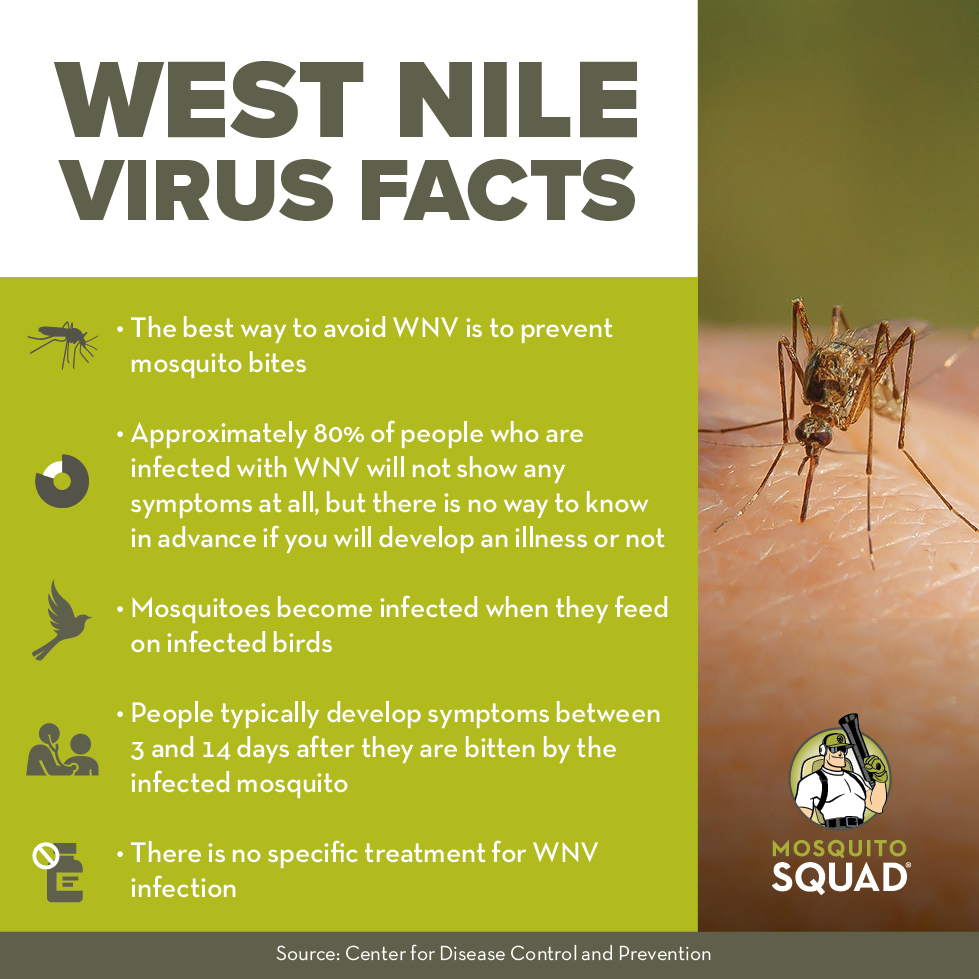Alarming Increase in West Nile Virus Cases
The Canadian health authorities are sounding the alarm as recent data reveals a disturbing uptick in West Nile Virus (WNV) cases across the nation. In the last month alone, health officials confirmed a 50% increase in reported infections, with the majority occurring in Ontario and Quebec. This surge has prompted regional health departments to ramp up public awareness campaigns aimed at preventing further spread.
Understanding the West Nile Virus
West Nile Virus, transmitted primarily by mosquitoes, can cause severe illness in some individuals, particularly the elderly and those with underlying health conditions. Symptoms of the virus can range from mild flu-like signs to more severe outcomes, including neurological complications. “While most people recover fully, we cannot underestimate the virus’s potential impact on vulnerable populations,” warned Dr. Amelia Grant, an infectious disease specialist at Toronto General Hospital. “Prevention is key to protecting our communities.”
Geographical Spread and Statistics
According to the latest reports from the Public Health Agency of Canada, 120 cases of the West Nile Virus have been confirmed this year, a marked increase from last year’s annual total of 80 cases. The pre-existing conditions within local ecosystems, such as warm weather and standing water, have contributed to optimal breeding conditions for mosquitoes, the primary vectors of the virus. Ontario reported the highest incidence, with 70 confirmed cases and several cases of severe illness reported.
Public Response and Awareness Campaigns
In response to this outbreak, regional health departments have mobilized to increase awareness around protective measures. Social media platforms are buzzing with community dialogue as local residents express their concerns. Twitter has seen a surge of hashtags like #WestNileAwareness, as users share tips on mosquito prevention, such as eliminating standing water and using insect repellent.
Some citizens are taking a proactive stance; local parks are hosting community events, educating residents about the risks associated with WNV and encouraging protective behaviors. Forty-three-year-old community organizer Elena Possini shared, “It’s incredibly important for us to educate our neighborhoods. Mosquito-borne diseases are on the rise globally; we need to be prepared and informed.”
The Road Ahead
Public health officials are urging citizens to stay informed and remain vigilant as the warm months continue. As mosquitoes flourish, the risk for West Nile Virus transmission remains heightened. Regular updates from health authorities will be critical in monitoring the situation. Staying aware of local advisories, using repellents, and eliminating conditions conducive to mosquito breeding are essential steps each individual can take.
As communities gather to raise awareness, the focus will remain on prevention. Residents are urged to report any stagnant water bodies in their vicinity, as these are breeding grounds for mosquitoes. With collective action and informed citizenship, Canada can begin to mitigate the spread of West Nile Virus and ensure the safety and health of its population.
